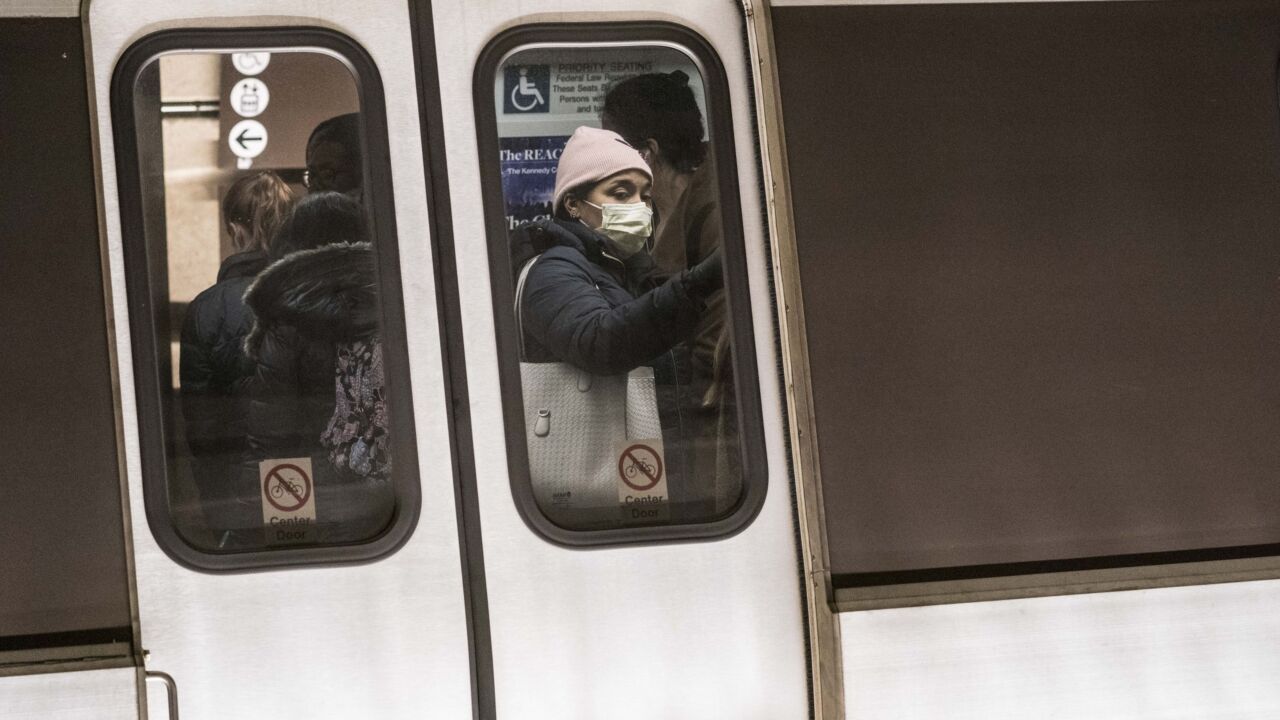-
The economic fallout from COVID-19 has highlighted systemic concerns about commercial real estate exposure, business debt and short-term wholesale funding, the Financial Stability Oversight Council said in an annual report.
December 3 -
President-elect Joe Biden will likely have to contend with a Republican-controlled Senate. That could have important implications for his approach to financial services policy.
December 2 -
The oversight council’s statement on the FHFA’s proposed capital rule raises questions for market participants trying to anticipate a post-conservatorship secondary mortgage market.
November 10
-
The Financial Stability Oversight Council said the mortgage giants may need a bigger capital cushion than their regulator has proposed, but stopped short of designating them as “systemically important financial institutions.”
September 25 -
The council created by the Dodd-Frank Act to identify systemic risks launched a review of the market as part of an activities-based approach that shifts focus away from targeting individual firms.
July 14 -
The 2008 financial crisis transformed banking regulation. But how have those changes held up in the current recession, and what might be coming next?
July 1 -
Requiring banks to test themselves is likely to be a waste of time in the current crisis, says a former Senate Banking counsel.
April 3 Corporations and society initiative at Stanford Graduate School of Business
Corporations and society initiative at Stanford Graduate School of Business -
After budget cuts and a strategic transition, the interagency body conceived by Dodd-Frank to identify systemic threats has largely been silent as the pandemic roils the economy.
March 31 -
Policymakers could recommend banks establish backup facilities and the Federal Reserve could stand ready with emergency loans to limit economic shock waves.
March 2 -
Years after criticizing the Dodd-Frank Act, the Democratic presidential candidate and former New York City Mayor Michael Bloomberg is now taking a page from the Elizabeth Warren playbook.
February 18







